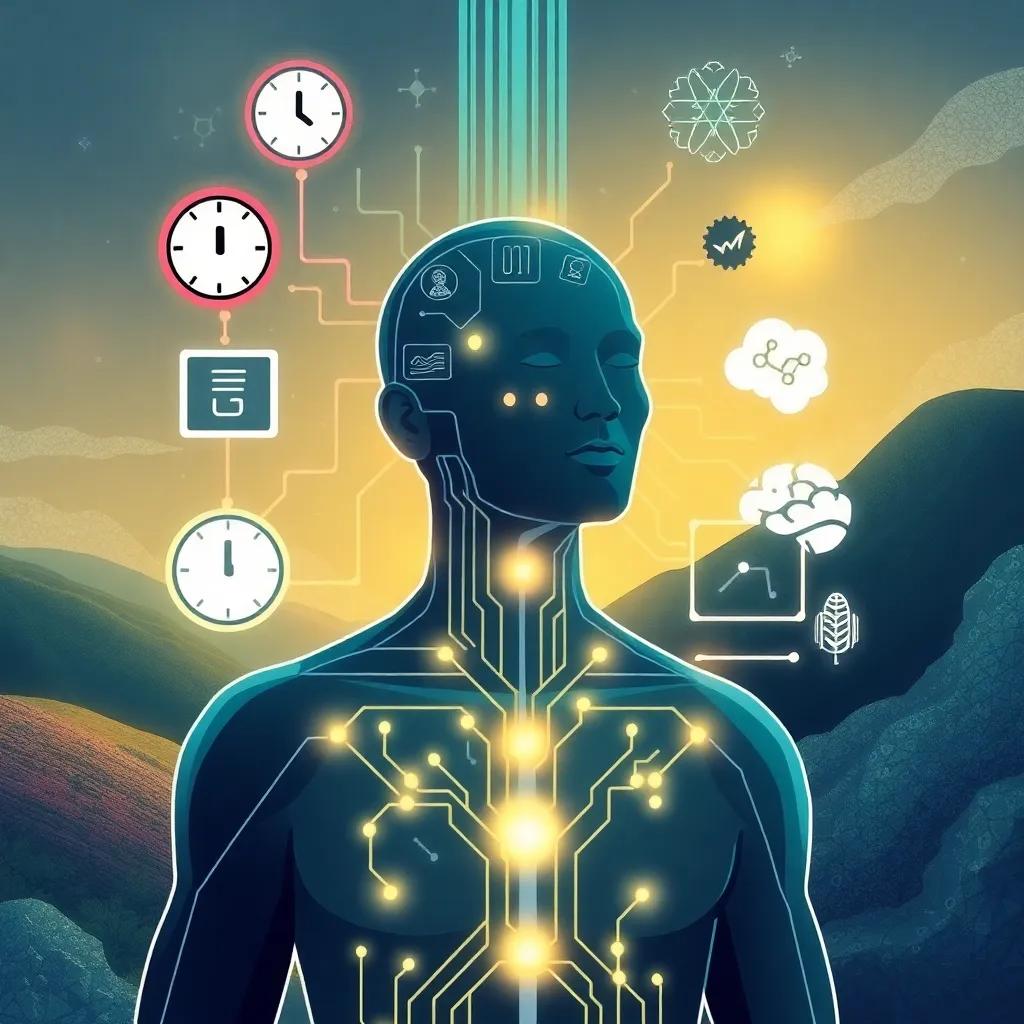Explore the science of biohacking, including intermittent fasting, cold exposure, and nootropics, and learn how small lifestyle changes can optimize health and performance.
Discover how biohacking can transform your health through small, science-backed lifestyle changes.
Introduction to Biohacking
Biohacking, a term that has gained significant traction in recent years, refers to the practice of making small, incremental changes to one’s diet, exercise, and lifestyle to optimize health and performance. According to Dave Asprey, the founder of Bulletproof and a prominent figure in the biohacking community, biohacking is about taking control of your biology to become the best version of yourself
(Bulletproof Blog, 2023).
Popular Biohacking Techniques
One of the most popular biohacking techniques is intermittent fasting, which involves cycling between periods of eating and fasting. Research published in the New England Journal of Medicine
(2019) suggests that intermittent fasting can improve metabolic health, reduce inflammation, and even extend lifespan. Another technique gaining attention is cold exposure, popularized by Wim Hof, also known as The Iceman
. Hof’s method involves controlled breathing and cold exposure to boost the immune system and increase energy levels.
The Science Behind Nootropics
Nootropics, often referred to as smart drugs
, are substances that can enhance cognitive function. According to a study published in Frontiers in Aging Neuroscience
(2020), certain nootropics like caffeine, L-theanine, and modafinil have been shown to improve memory, focus, and overall brain health. However, experts caution that the use of nootropics should be approached with care, as the long-term effects are not yet fully understood.
Incorporating Biohacking into Daily Life
To start biohacking, it’s essential to track your progress and adjust your strategies accordingly. Tools like wearable fitness trackers and apps can help monitor various health metrics, such as heart rate variability (HRV) and sleep quality. Dr. Rhonda Patrick, a renowned biochemist, emphasizes the importance of personalized approaches to biohacking, as what works for one person may not work for another
(FoundMyFitness, 2023).
Potential Risks and How to Avoid Them
While biohacking offers numerous benefits, it’s not without risks. Overzealous practices, such as extreme fasting or excessive cold exposure, can lead to adverse effects. Dr. Peter Attia, a longevity expert, advises starting slowly and consulting with healthcare professionals before making significant changes to your lifestyle
(The Drive Podcast, 2023).
Conclusion
Biohacking represents a promising frontier in health optimization, offering a personalized approach to improving well-being. By making small, informed changes to your lifestyle, you can unlock your body’s full potential and achieve significant health improvements.




